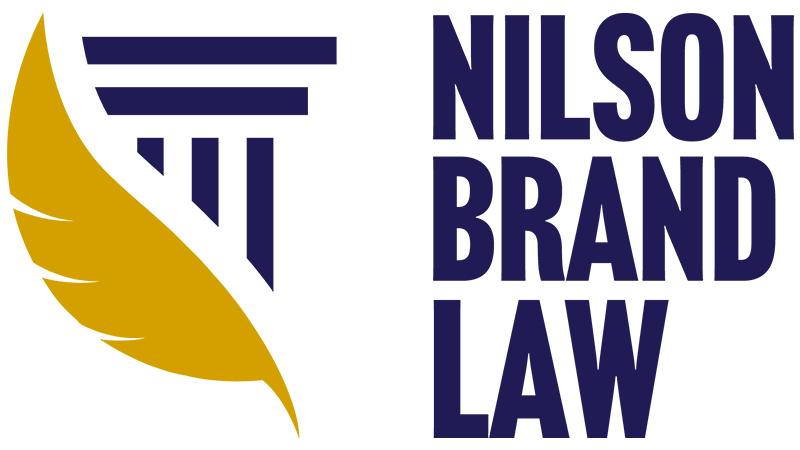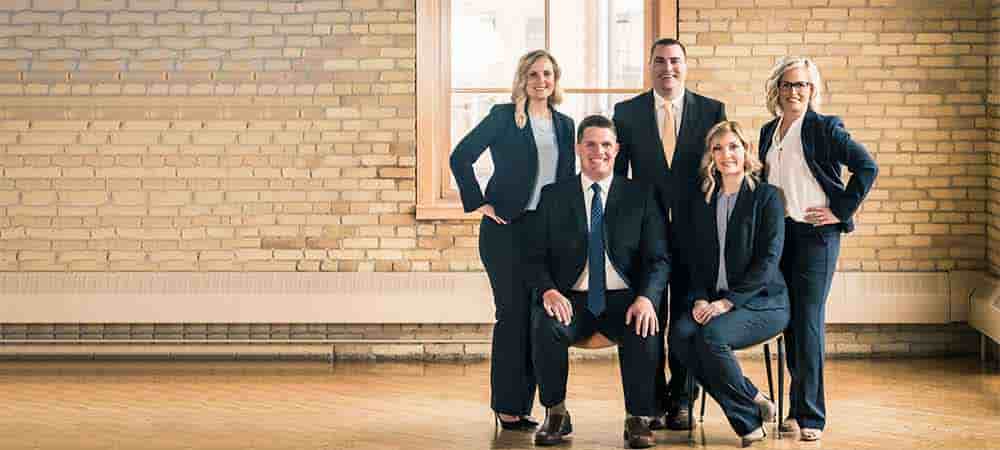Many businesses in North Dakota and Minnesota have either reopened or are in the process of reopening. These same businesses need to be aware of the regulations and best practices for reopening their business to protect themselves, their employees, and the public at large.
NORTH DAKOTA
North Dakota did not issue a stay at home order but did restrict certain businesses from being open. These businesses included salons, restaurants and bars (with take-out and delivery exceptions), and larger venues. A generalized reopening started to take place on May 15 through the state and as of May 29, North Dakota is classified in the Green/Low Risk category. North Dakota has provided general workplace guidance for those businesses reopening. These guidelines include:
Encouraging Working From Home. North Dakota continues to encourage business to allow employees to work from home where possible. Many businesses, including those with a large number of employees, could benefit from continuing to allow its employees to work from home as they create a plan for bringing those employees back into the workplace. Possible plans of attack include creating a hybrid schedule where employees work from home for certain days of the week or implementing a staggering hourly schedule.
Screening Policies For Employees and Customers All employees should be informed of specific screening policies. This includes instructing employees to not enter the workplace if they have a cough or a fever. In addition, businesses should have specific policies in place governing the frequent washing of hands, wearing of masks, and a physical distancing policy. Employees who are in close contact with customers must be informed of expectations regarding the wearing of masks and other potential personal protective equipment. Customers should also be made aware via postings through the place of business informing customers that they should not enter if they have been sick, have a fever, or have been in close contact with someone who has tested positive for COVID-19. In the event a customer or employee becomes sick, the business should have guidelines for isolating the individual. Employees should be instructed to go home and work from home, if possible. Other employees who have had close contact with the employee should be notified and monitored for the development of any symptoms.
Limiting of Number of Customers Businesses should instruct all employees about social distancing guidelines. Other efforts should be taken to limit the number of employees and customers in the business at any time. Depending on the type of business there are specific limits on the number of people who can be in the business at one time.
Cleaning and Sanitation Businesses are to provide hand sanitizer, soap, or other types of disinfectants at or near the entry of the business. They are also to be provided at areas throughout the business. This should include any high traffic areas. Examples could include common gathering places like a breakroom, at the point of payment such as a grocery check, and conference rooms. Employees should be instructed to wash their hands or use hand sanitizer upon entering the business and to avoid shaking hands or hugging other individuals.
Specific Business Guidelines: North Dakota has issued several different guidelines which are tailored to the type of business. 1. Banquets, Ballrooms, Wedding and Event Venues. ▪ Limited to 75% normal capacity. ▪ Not to exceed 500 people. ▪ 6 feet of spacing between groups and increased table spacing. ▪ Tables can seat in excess of 10 if they are all part of the same group and maintain distance from other groups. Additional guidelines for Large Venues can be found at: Large Venue Guidelines 2. Restaurant, Bars, Breweries, Distilleries, and Food Trucks. ▪ Limited to 75% normal capacity. ▪ 6 feet of spacing between groups and increased table spacing. ▪ Waiting areas to be marked to ensure physical distancing standards are met. ▪ Tables can seat in excess of 10 if they are all part of the same group and maintain distance from other groups. ▪ Drink refills are not allowed unless in a clean glass. ▪ Menus are to be paper or a material that can be sanitized. ▪ Restaurants to be closed at least 4 hours a day for deep cleaning. Additional guidelines for Restaurant, Bars, Breweries, Distilleries, and Food Trucks can be found at: Restaurants, Bars, Breweries, Distilleries, and Food Trucks 3. Personal Services such as Hair and Nail Salons. ▪ Create a check-in process and waiting area to accommodate physical distancing. ▪ Move workstations 6 feet apart. ▪ Employees must always wear facemasks. ▪ Customers are to wear face masks when possible. ▪ Developing a schedule which allows for cleaning between customers. Additional guidelines for Personal Service Businesses can be found at: Personal Service North Dakota has also developed additional guidelines for other specific businesses, which can be found at: ND Smart Restart.
MINNESOTA
Minnesota took a different route than North Dakota and issued a much stricter shut down order for its businesses. Minnesota started its reopening on May 18 but was generally more restrictive than North Dakota on how the reopening would proceed.
Returning to The Workplace. Industrial and office-based businesses that do not directly interact with customers were allowed to return to work. Businesses were still supposed to encourage working from home where possible. Distance between workstations was to be increased and business were to decrease the concentration of employees for shift work. In-person meetings are to be avoided. Businesses are to try to utilize virtual meetings between co-workers, other businesses, and customers.
Screening Policies for Employees and Customers Business must establish screening protocols such as taking temperatures and a health screening survey. Plans must be established to prevent sick employees from entering the workplace. Any employee who exhibits COVID-19 symptoms must be sent home. Business should also create policies to isolate any individual who exhibits COVID-19 symptoms.
Social Distancing, Cleaning, and Personal Protective Equipment Business must make sure: ▪ Employees are 6 feet apart. Workstations should be moved to ensure 6 feet of spacing. ▪ Both shifts and breaks should be staggered. ▪ Limiting the number of customers in the business. ▪ Any gatherings of employees should be limited to 10 employees. Handwashing and dispensers of hand sanitizer should be placed throughout the workplace. Hand sanitizer dispensers should be present at the business entrance. Employees must wear face coverings. The business must make gloves available to workers and instruct the employees when gloves must be used. Business must clean and disinfect all areas on a routine basis. Frequently touched areas such as counters, doorknobs, and other handles must be regularly cleaned.
Specific Business Guidelines: Minnesota has required numerous industries to implement a COVID-19 Preparedness Plan before reopening. A COVID-19 Preparedness Plan template can be found HERE.
1. Restaurants and Bars. ▪ On June 1, restaurants and bars can reopen for outdoor service if: o They have created and implemented a COVID-19 Preparedness Plan. o They have 6 feet of distance between tables. o A capacity limit of 50 people. o Reservations are required in advance. o All employees must wear masks. Additional guidelines for Restaurant and Bars can be found at: Restaurant and Bars
2. Personal Care Services (Hair Salons, Barbershops, and Tattoo Parlors) ▪ On June 1, personal care services can reopen for indoor services if: o They have created and implemented a COVID-19 Preparedness Plan. o The number of customers must be limited to ensure 6 feet of spacing between persons, except for when services are being provided. o Limited to 25% capacity. o Appointments are required. o Employees and customers must wear masks at all time. If a customer cannot wear a mask, the employee must add a face shield in addition to their mask. Additional guidelines for Restaurant and Bars can be found at: Personal Care Services This is only a small number of the types of business affected by Minnesota’s regulations. For a full breakdown of regulations specific to your type of business, please see Guidance on Safely Reopening Minnesota Businesses. If you are having difficulty determining what policies and procedures to put in place for your business, please feel free to contact us at Nilson Brand Law and one of our attorneys can help craft an appropriate COVID-19 action plan. Or call 701-786-6040 or email [email protected].

